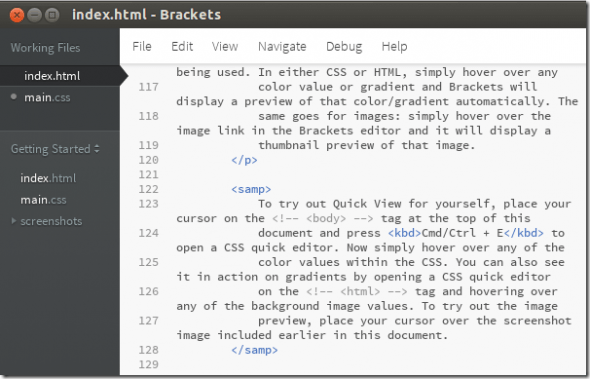
That's exactly the problem though: it's useful to know but only as a fall-back. most useful of tools, it can be depended on to be on any unix-like machine anywhere, a handy fall-back if all else fails. Probably because it does nothing fancy or useful. Interesting to note that it only uses 6.7mb with the two test files loaded. It's nice and friendly but not built for full-time editing. Yeah, you're right, I'm not seriously proposing to use nano for anything more than very casual quick edits. If I mark a particular criteria as '?' it means the product was so tediously unfriendly I never investigated it I'm sure some editor sycophant will let me know. Memory consumption was guestimated using OS X's Activity Monitor, looking at the value for "Real Memory" usage. The test was simple - try editing this very page in each of the editors. There's a reason I'm on this platform, after all.

An editor that is reasonable in its requirements is a must. small footprint: with cocoon, jetty, tomcat, firefox, and mail, there's not much room left.Building from within the editor is preferable, but not required. XML support is a must: preferably tag completion and well-formed checks.
#OSX FREE TEXT EDITOR CODE#

license: an open source license is preferable for all the obvious reasons.Of the various editors out there, as I search for a new one. I'm fussy when it comes to editors, I can never seem
#OSX FREE TEXT EDITOR MAC OS X#
Editors on Mac OS X Editors on Mac OS X Introduction


 0 kommentar(er)
0 kommentar(er)
